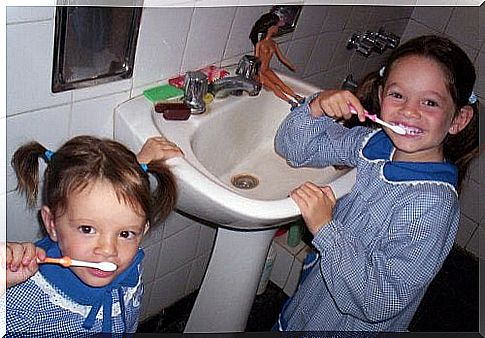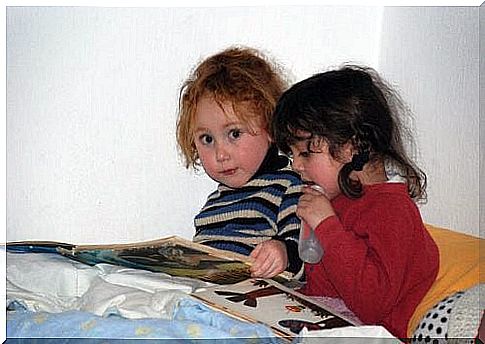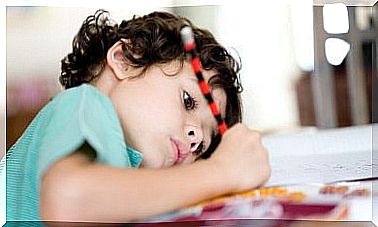Routines Are Important In Raising Children

Psychologist and mother of two little girls, Nathalie Sánches, thinks routines are important, but tight schedules don’t. Asked if there is flexibility in schedules, Sánches answers that flexibility is important because it gives you the ability to adapt.
We need to be able to adapt to an ever-changing world by being flexible in our structures, and especially in those inside our heads. “Life is change,” Buddhists say, and we must also prepare our children for constant change.
Sánches says some people confuse routines and schedules with each other, even though they aren’t the same thing. He emphasizes how important it is for our children to understand the concept of time. As a child, they don’t yet know what half an hour or an hour means.
Routines are important and help children understand what to do after a particular task, or more specifically, what happens after each activity.

Routines are important and bring stability
“Children don’t have an accurate idea of what each day is and how they group together on a calendar. But when children have routines, they can understand what is going to happen, ” Sánches explains.
For example, with routines, a child may know that he or she will be the first to get out of bed. He then washes his face and brushes his teeth. Then he eats and goes to school. With the help of such routines, the child can anticipate what will happen next.
If your child has an understanding of what happens after each thing, he or she will feel stable and safe.
“When children experience anxiety, they give their parents the impression of bad behavior. But what really happens is that they don’t understand what they should and shouldn’t do, ”Sánches says.
As an example, Sánches says that children who are used to taking a bath every night before going to bed realize already during the bath that bedtime is near. They have no plans to play, watch TV or start other activities. They know they can prepare to go straight to bed every night after a bath.
An article focusing on psychology supports Sánches ’words by saying that a child needs to follow routines in order to feel safe and calm in their environment.

Routines support children in observation
That article also emphasizes that if we create routines, children will learn that each activity has its own time and place. With the review, they learn to regulate their own routines.
In this way, the child is able to think like this: “I don’t get up from the table to play because I know it has its own time later. I have to collect the toys I use before going to the bath… ”
This helps the child to better understand their environment. In addition, it helps the child develop self-control and independence.
Habits are not formed in an instant, but are learned through repetition and practice. If we keep in mind the time it takes to learn a new routine, we will remain more patient in helping our child get used to it that way.
On the other hand, if we lose hope and demand more from our children than they are capable of, we may create negative experiences for them that they do not want to repeat.
Here are two more tips for teaching your child:
- Do not give conflicting orders.
- If you tell your child to take a shower, clean their room, and wait at the table without telling these actions in order, the child will ignore the orders. So tell the child what the first step is. When the task is completed, explain the next step to the child. If your child is old enough to remember several commandments, explain them to him or her and tell them which ones are the most important. Don’t expect the child to set things up on their own, as you also have your own priorities.









